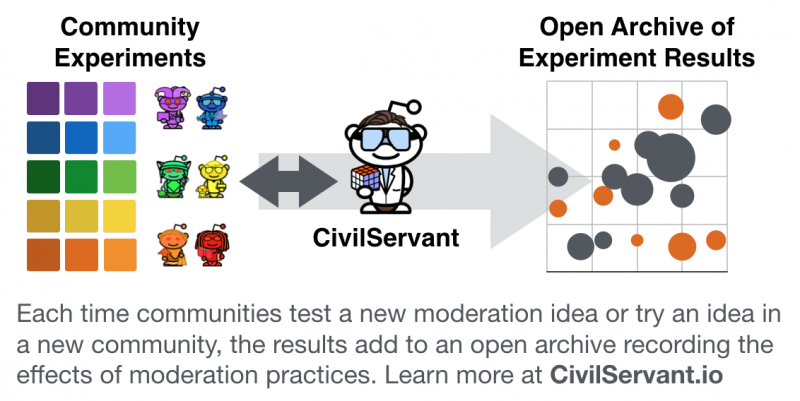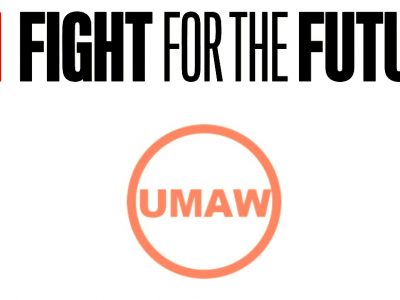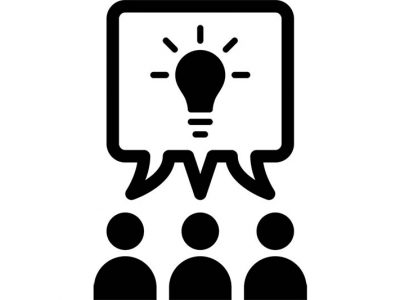
Photo provided by Nate Matias
How can we work toward a fairer, safer, more understanding internet while growing public accountability over the uses of platform power? As a PhD student at the MIT Media Lab with Ethan Zuckerman, I developed CivilServant, new software that netizens can use to test our collective ideas for governing human and machine behavior online. Together with large communities on Reddit, we found ways to reduce online harassment and reduce the promotion of unreliable news by the site's algorithms.
Now that I'm finishing the PhD, I'm delighted to share that Global Voices will be incubating the CivilServant project. Starting this summer, Global Voices will offer advisory and administrative support as CivilServant transitions from a dissertation project into a public-interest research organization. The Global Voices community have deep experience in principled community building and global collaboration. The Advox project already provides an important service to monitor the risks and benefits of digital governance worldwide. So I'm honored to work together to lay the groundwork for this international research initiative.
Over the next few years, I hope that CivilServant can substantially increase usable, locally-developed, public knowledge to make our digital lives fairer, safer, and more understanding. In the short term, I’m fundraising toward the goal of completing our first fifty studies. After a post-dissertation vacation, I'll recruit our initial advisors and fundraise for the team that will grow our software infrastructure beyond Reddit, broaden our collaborations with international communities, build robust ethics/accountability processes, and develop the network of researchers who will work with us. In the fall, I am moving to Princeton University as a postdoc, where they will also be supporting my research with CivilServant.
The Global Voices community has inspired me since I first heard about the project in 2009. I still remember the joy and generosity of everyone I met at the 2012 GV summit, which I helped liveblog. Later, when I was first starting to study gender diversity and discrimination in online collaboration, I was encouraged by the example set by Global Voices. I'm honored by the chance to continue to work with a diverse community and organization I admire so much.
More about Nathan Matias (@natematias) (blog)
I'm a Guatemalan-American whose parents moved to the US in the late 1970s. I studied postcolonial literature and participated in a series of tech startups and nonprofits in the UK before moving to MIT to start a PhD in 2011. During my time at the MIT Center for Civic Media, the Berkman Klein Center for Internet and Society, and Microsoft Research, I examined gender diversity online, led research examining how platforms handle harassment reports, studied how users influence platforms, and have supported large-scale, community-led experiments on reducing harassment and misinformation. I love writing, managed The Atlantic's Twitter book club for two years and have published articles in the Guardian, The Atlantic, and Boston Magazine.
Further Reading
- Matias, J. Nathan. Sworn to the Sword: Defending my Dissertation and Heading to Princeton. Medium, May 2017.
- Mou, Merry, Allan Ko, J. Nathan Matias. The Obligation to Experiment. Medium. December 2016.
- Matias, J. Nathan. A Toxic Web: What the Victorians can Teach us about Online Abuse. The Guardian, April 2016.
- Matias, J. Nathan. The Tragedy of the Digital Commons. The Atlantic. June 2015.
- Matias, J. N., Benesch, S., Earley, P., Gillespie, T., Keegan, B., Levy, N., & Maher, E. (2015). Online Harassment Resource Guide. Wikimedia Meta-Wiki: Research. Retrieved on May 8, 2017


